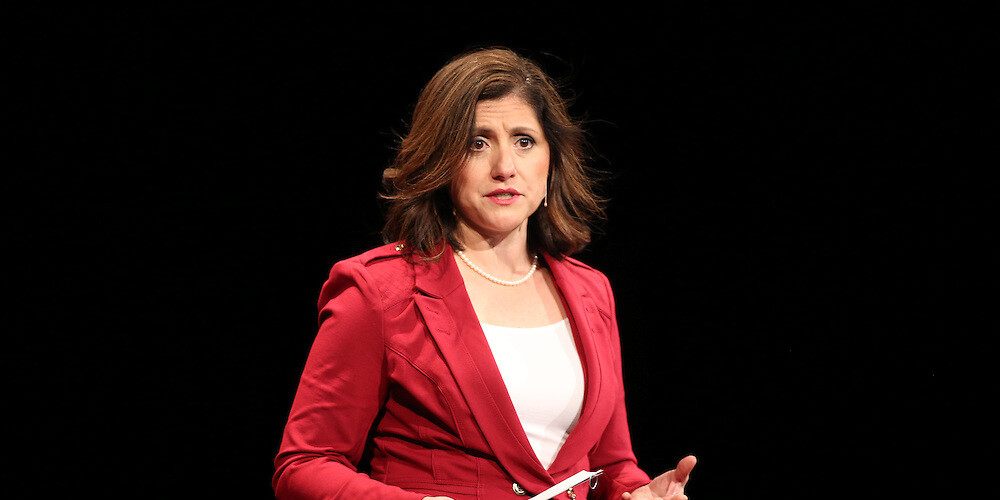Page 25 • (2,602 results in 0.084 seconds)
-
policy course. The course provides students with knowledge, skills and abilities for understanding the interrelationship between developments in health policy, the health care delivery system and social work practice. Diversity, inequality, social and economic justice are continuing themes of study in the advanced concentration year. Prerequisite: SOCW 555, 570. SOCW 576: Foundational Practicum Experience IStudents are assigned to a practicum setting (e.g., healthcare, mental healthcare, or social
-
issues with us outside of meetings? To get involved, email asplu@plu.edu. Keep up with our activities by following our social media!
-
Mission and Philosophy of the Social Work ProgramMission: “Educating caring, skillful generalists to be ethical agents for global and local change.” The Pacific Lutheran University Department of Social Work is dedicated to educating individuals for social work practice with individuals, families, households, groups, communities and organizations within a generalist framework that is based on a philosophy of social justice, egalitarianism, pluralism, and compassion for the oppressed. The
-

understanding how choices made individually and collectively affect issues such as immigration, health care, environmental issues, or income inequality? The PLU Economics Department offers the unique opportunity to participate in an economics alumni mentoring program for all majors to help you prepare for your life beyond PLU. Keep reading to learn more!Watch to find out how students majoring in economics can partner with a PLU economics graduate to gain insight into the vast array of career
-
to better understand what sorts of strategies immigrants living on the US/Mexico border have developed to determine their own circumstances, often in the context of injustice, social inequality, geographical displacement, and human rights violations. Our program also included visits with Kate Pritchard (PLU ’14) and Brian Erickson (PLU ’09), two PLU Hispanic Studies alumni who are currently working on supporting and advocating for immigrant communities on the US/Mexico Border. Border Patrol
-

science–and my colleagues in it–recognize the importance of examining systems of oppression when studying obstacles placed before people of color,” said Chávez. “Most importantly, this award is important to me because it is all about the first generation students of color who will hopefully see themselves in it, and in so doing, will come to understand through the experiences of the Latino professionals interviewed that power and inequality are at the heart of the matter,” Chávez continued. “This
-
be taken on campus.Concentration: Development and Social Justice Standards of living have increased dramatically worldwide over the past 100 years, yet poverty and inequality remain features of our world. Continued improvement in human well-being for all involves economic growth, reducing poverty, and addressing inequities and issues of social justice, for example in wealth, political freedom, education, and health care. Given the complexity of development processes and of the diverse array of
-
Froschauer/PLU) Black Student Union sponsored “Die-In” on Red Square to raise awareness of racial inequality on Wednesday, April 8, 2015. (Photo: John Froschauer/PLU) Lutes center community. We foster belonging by engaging in meaningful dialogue, seeking authenticity, building connections, and opening minds to see community in new, expansive ways. Students, faculty, and staff “Standing in Solidarity” for all marginalized identities as part of a demonstration in Red Square at PLU, Friday, Nov. 18, 2016
-

honor them on campus.” As an alum Austin is still involved with PLU and the Diversity Center. Since graduating, he worked as an advisor in the Center for Student Success, and now works in the Dean of Students Office as the Director of Accessibility and Accommodations. Through his time in the Diversity Center, he became comfortable talking about diversity and challenging inequality on campus, which he uses in his job today. “When I’m looking through data in my job, I don’t get nervous about the idea
-
philosophy to consider and begin to develop what they, as philosophers, might have to contribute to discussions about global economic issues in general and the recent financial collapse in particular. We spent our days in the university’s beautiful Villa Academica, seated around a long wooden table in a stately conference room decorated in the traditional style, listening to papers on topics ranging from international economic inequality and development to intranational economic education and rhetoric
Do you have any feedback for us? If so, feel free to use our Feedback Form.


